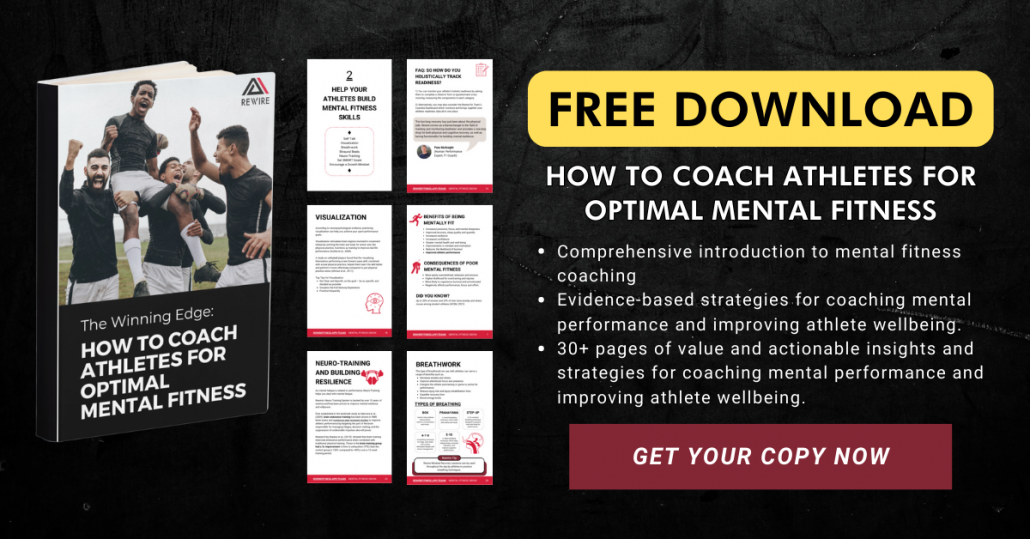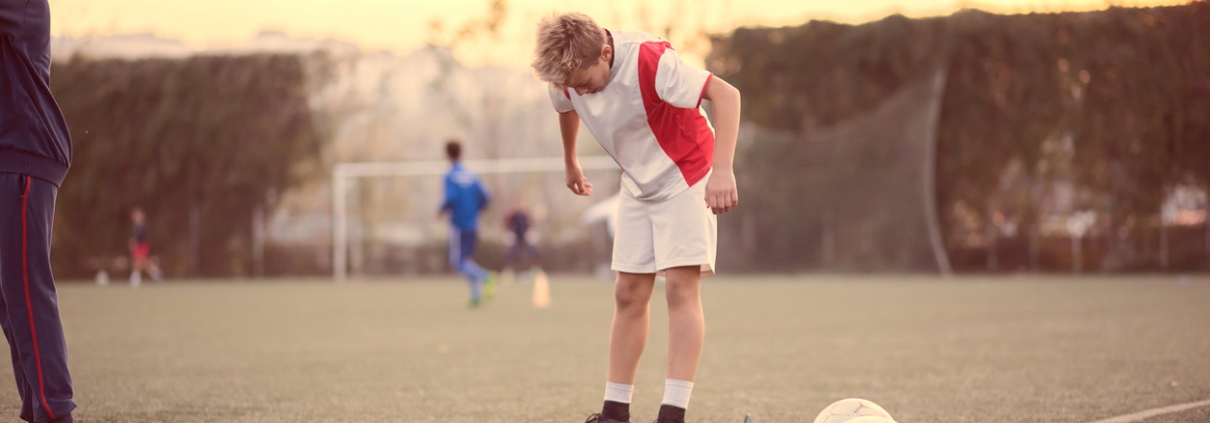How to Build Mental Toughness in Youth Athletes
Help youth athletes build a healthy relationship with hard work and mental toughness — here’s what you need to know.
Mental toughness is a term thrown around in abundance in the world of sports. Many people believe that those who display the highest levels of mental toughness will come out on top — they will succeed.
Although the term is almost as popular as Michael Jordan in his prime, very few people know what it actually means. After all, it is a very subjective term — people have their own definitions of what mental toughness is.
David Goggins will give you a different definition than Michael Jordan, and LeBron James will describe it differently to Tiger Words.
At Rewire, we prefer the definition of mental toughness as a personal capacity to produce consistently high levels of subjective or objective performance despite everyday challenges and stressors, as well as significant adversities [2].
Typically, mental toughness is only applied to adults and professional athletes. But what about youth athletes — should they build mental toughness to improve performance? Here’s everything that you need to know.
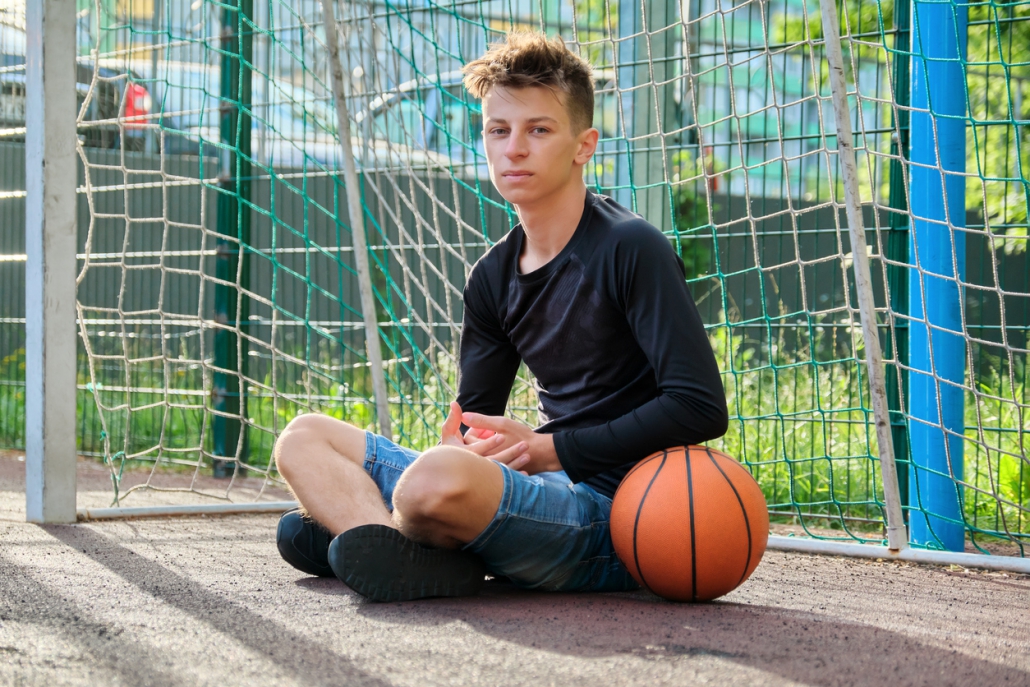
Related: The Science Behind Mental Toughness
Mental toughness for youth athletes
If youth athletes can learn mental toughness from a young age, they can then apply this not only to sports, but to life.
Sport is a powerful vehicle for building positive habits, beliefs, and developing discipline.
But how should coaches and parents build mental toughness in the youth? Read on to find out.
Maximum effort
Great coaches should encourage maximum effort in youth athletes. However, where many coaches go wrong is by punishing or withdrawing support when the athlete does not perform to their expectations.
Instead, their maximum effort is a better gauge of performance — working hard each session will instil the importance of hard work.
Coaches should show encouragement and praise hard work to reinforce this behaviour. It’s not only a lesson that pays dividends in sports, but also in life.
“If you’re trying to achieve, there will be roadblocks. I’ve had them; everybody has had them. But obstacles don’t have to stop you. If you run into a wall, don’t turn around and give up. Figure out how to climb it, go through it, or work around it.” — Michael Jordan
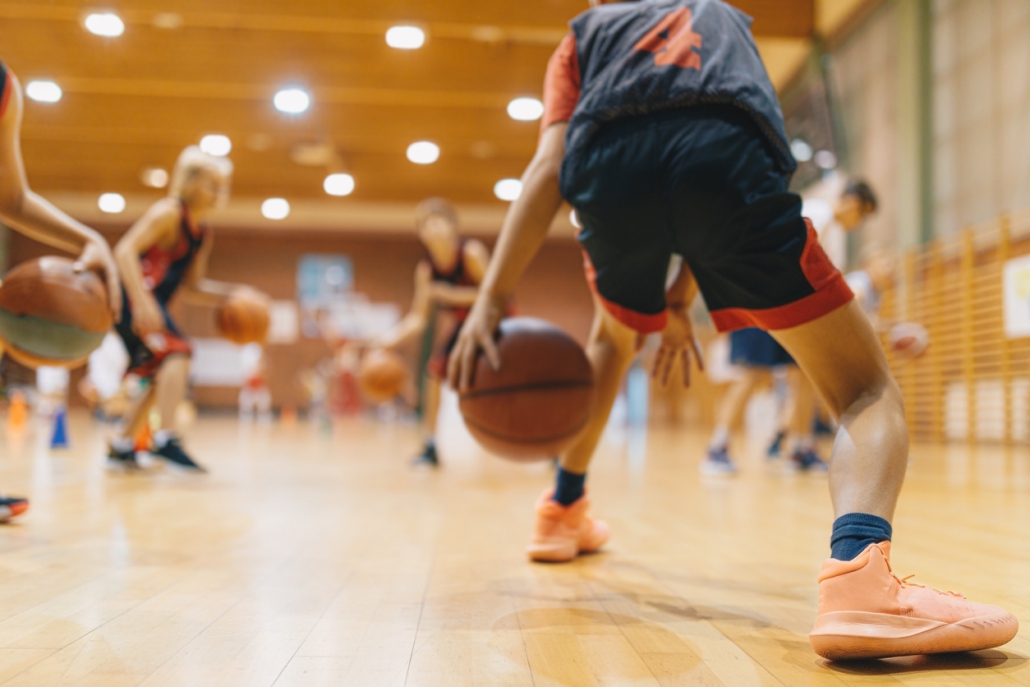
Encourage mistakes — they are a part of learning
We all make mistakes — it’s a part of human nature. But as a coach for young athletes, you should not discourage mistakes as they are a necessary part of learning and improving from our experiences.
If you’re a coach, allowing your athletes to make mistakes can prove difficult — you don’t want to hurt their confidence, but equally, you want them to improve and learn valuable lessons.
So, how can you encourage learning from mistakes? For optimal learning, you can increase training difficulty to the point where youth athletes make mistakes approximately 15% of the time [5].
If you increase the difficulty of training, whether learning a new skill or attempting to hit challenging splits too often at too hard a difficulty, then the cons will likely outweigh the pros, perhaps resulting in a frustrated athlete.
It’s all about finding a healthy balance between success and learning from mistakes to become a better athlete.
I really think a champion is defined not by their wins but by how they can recover when they fall.” — Serena Williams
Build a solid foundation by emphasising sports to be fun
As a coach, you want your athletes to succeed. But at a young age, it’s important for sports to be fun — this encourages a balance between physical fitness, psychological well-being, and lifelong lessons and learning [4].
Children and youth athletes participate in sports to have fun. If, at an early age, they do not enjoy sports, they might be less likely to continue participation in that sport (and others).
Coaches and parents should prioritise sports participation to be fun. All too commonly, parents and coaches skew the goal implicitly or explicitly in the hopes of a scholarship, that the child will become a professional athlete, or as a parent, to achieve unfulfilled childhood dreams [1].
For example, imagine a twelve-year-old showing up to training twice a week and being told to run as fast as they can twelve times around the track. That’s not a fun session — and while they may do it, if they are not having fun, they’re less likely to go back.
But if you can build a foundation for the athlete, prioritising fun with hard work sprinkled throughout, the athlete is more likely to stick with the sport, learn valuable lessons along the way, and perhaps even avoid burnout. That’s a big win in our book.
“Pain is temporary. It may last a minute, or an hour, or a day, or a year, but eventually, it will subside, and something else will take its place. If I quit, however, it lasts forever.” — Lance Armstrong
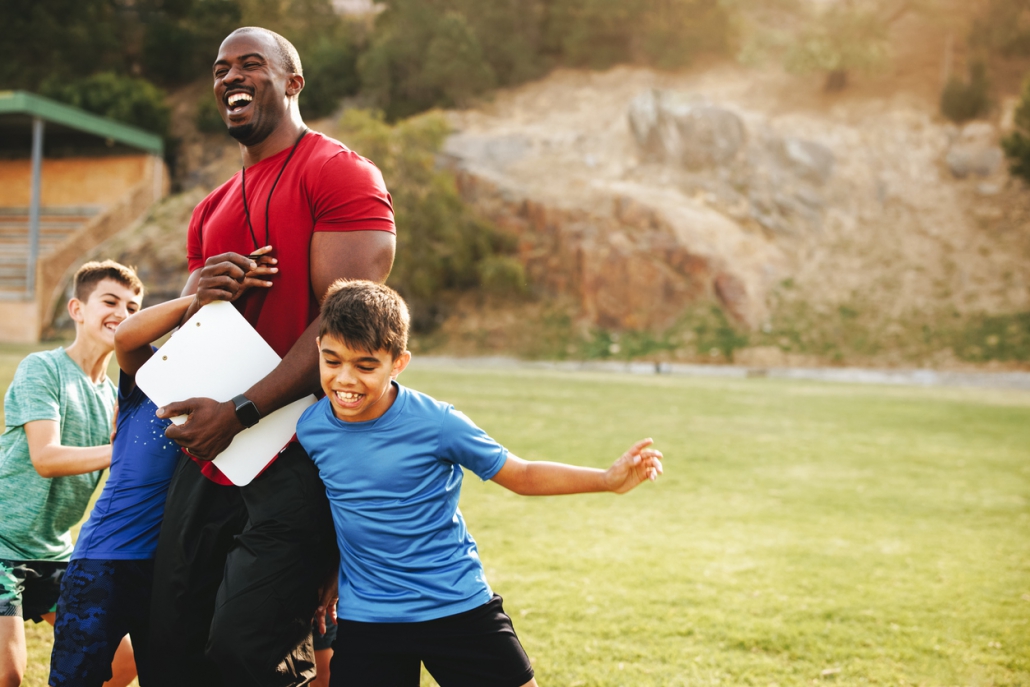
Create a healthy training environment
To get the most out of a youth athlete, coaches and parents should foster a healthy training environment.
As previously stated, training should be fun. It doesn’t mean it can’t include difficult aspects, but first and foremost, it needs to be fun. The training environment needs to reflect that — incorporate games into training, be there after training and competition if your athletes want to talk to you, and create a place that kids and youth athletes look forward to coming to.
And if a child wants to do multiple sports, encourage them to.
There’s a whole debate surrounding multiple sport diversification vs. early sport specialisation in one sport. But ultimately, being told they can only do one sport may increase their risk of burnout, injury, and other risk factors [3].
Besides, trying other sports is also fun! And this is the ultimate goal for youth sports — it is also likely to encourage mental toughness.
“Pain unlocks a secret doorway in the mind, one that leads to both peak performance and beautiful silence.” — David Goggins
Key takeaways
Developing mental toughness from an early age can help youth athletes push through pain, learn from their mistakes, and ultimately become better athletes. But the benefits span far beyond sports — they also transfer to life, teaching self-discipline, hard work, and not giving up.
To build mental toughness in youth athletes, coaching and parental figures should:
- Teach the importance of hard work and effort
- Keep training fun and exciting
- Create a healthy training environment
- Do not discourage multi-sport participation
And if you’re looking to take it a step further, you can try the Rewire neuro buttons and neuro training app — create a fun cognitive game for youth athletes. This helps train mental toughness and is a great tool for youth athletes looking to compete at the highest level.
Want to know more about how Rewire can improve your athlete’s mental toughness? Book a free consultation call with our team today!
References
- Brenner, J.S. and Council on Sports Medicine and Fitness, 2007. Overuse injuries, overtraining, and burnout in child and adolescent athletes. Pediatrics, 119(6), pp.1242-1245.
- Gucciardi, D.F., Hanton, S., Gordon, S., Mallett, C.J. and Temby, P., 2015. The concept of mental toughness: Tests of dimensionality, nomological network, and traitness. Journal of personality, 83(1), pp.26-44.
- Gustafsson, H., Kenttä, G. and Hassmén, P., 2011. Athlete burnout: An integrated model and future research directions. International Review of Sport and Exercise Psychology, 4(1), pp.3-24.
- Merkel, D.L., 2013. Youth sport: positive and negative impact on young athletes. Open access journal of sports medicine, pp.151-160.
- Wilson, R.C., Shenhav, A., Straccia, M. and Cohen, J.D., 2019. The eighty five percent rule for optimal learning. Nature communications, 10(1), p.4646.
